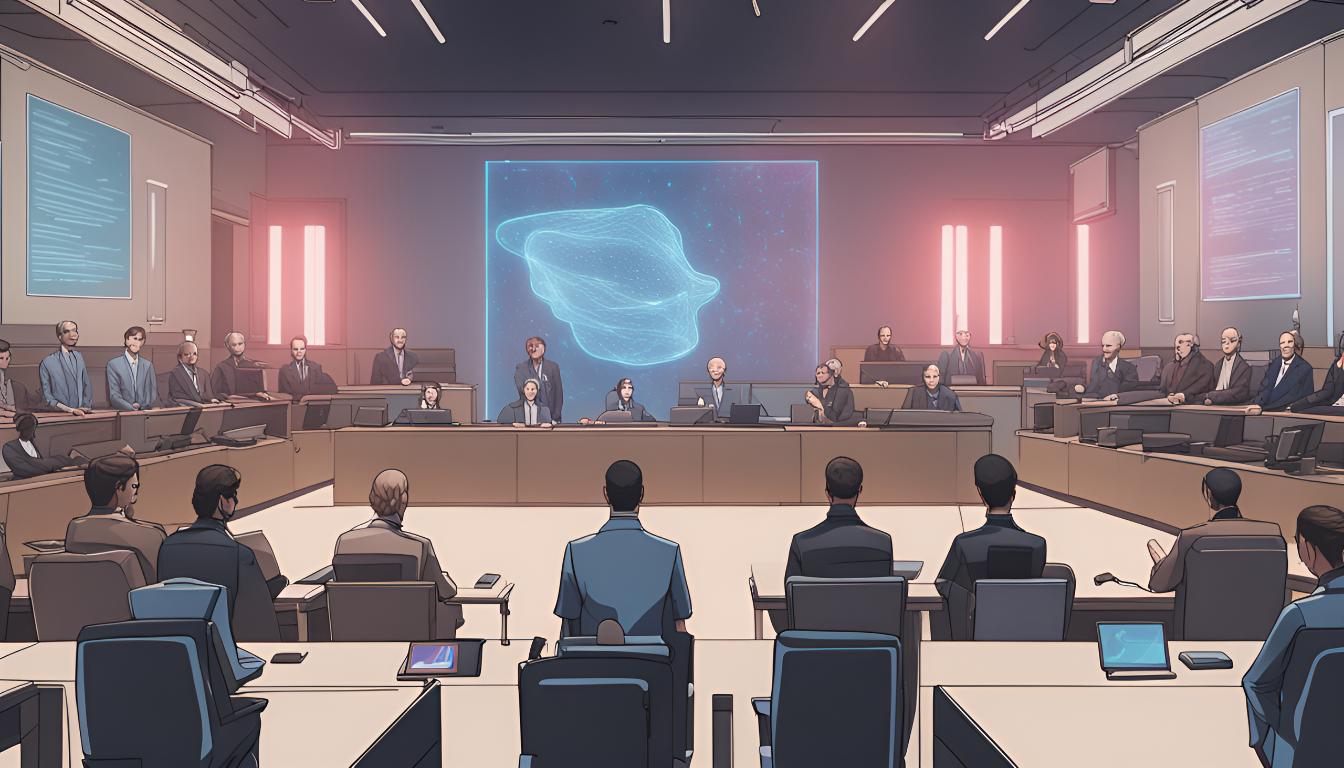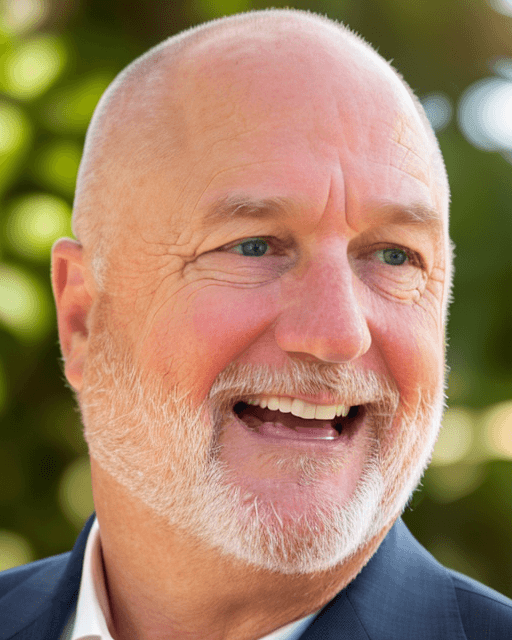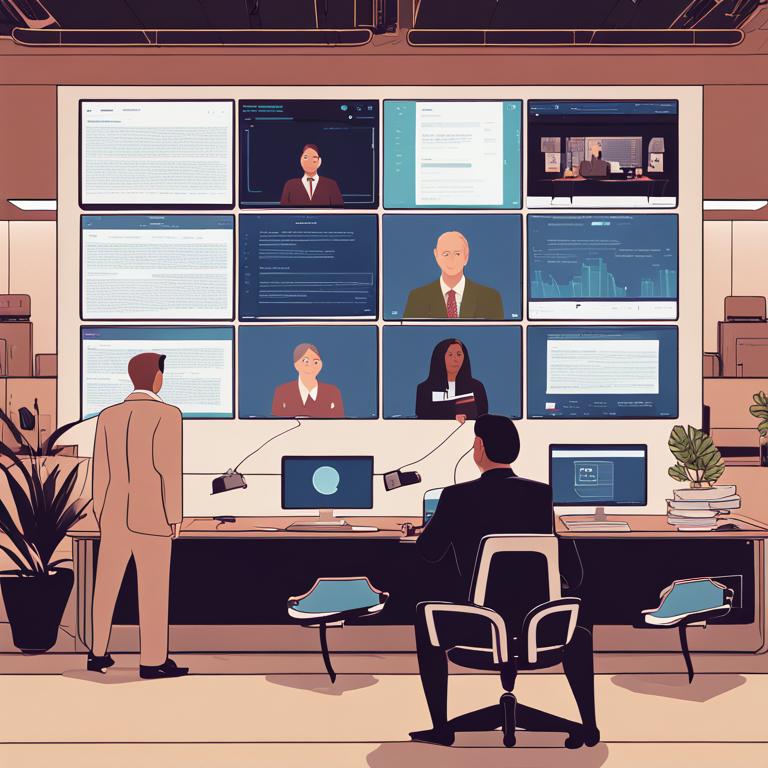
The article introduces SyntheticJuror, an AI-powered tool designed to revolutionize how lawyers prepare for trials. Traditionally, trial preparation involved mock trials, focus groups, and relying on intuition. However, SyntheticJuror brings a new level of precision by simulating thousands of jurors' reactions using AI. Integrated into Slack, this tool allows lawyers to present evidence, test arguments, and receive real-time feedback from AI-generated jurors, tailored to specific jurisdictions. The system learns from real trials, offering accurate predictions and actionable insights. SyntheticJuror enhances legal strategy by enabling lawyers to refine their approaches before they ever step into court, making trial preparation more efficient, data-driven, and customized.
"With SyntheticJuror, lawyers no longer have to rely on guesswork—now they can test their strategies on thousands of AI-simulated jurors, refining their approach with real-time feedback before ever stepping into a courtroom."

Stephen Abbey
Co-Founder
But the real power isn't in prediction. It's in preparation. SyntheticJuror doesn't just tell lawyers what will happen. It helps them understand why. And it gives them the tools to change the outcome for case settlement , go no go decisions.
This is the future of legal strategy. Not replacing lawyers with AI, but augmenting their intelligence and creativity. Giving them superpowers.
It's easy to imagine how this could spread beyond just trial preparation. Settlement negotiations, for instance. Lawyers use SyntheticJuror to game out different settlement scenarios, understanding exactly how much leverage they have.
Or take legal research. Instead of just searching through old cases, lawyers could present hypothetical scenarios to simulated judges, getting a sense of how novel legal arguments might be received.
The possibilities are endless. And they're all accessible through the familiar interface of Slack.
This is how technology often works. It starts by making existing processes more efficient. But then it enables entirely new ways of working. SyntheticJuror isn't just a better way to prepare for trials. It's a new way to think about law itself.
In the future, we might look back on pre-SyntheticJuror legal practice the way we now look back on medicine before germ theory. Not wrong, exactly. Just hopelessly limited.
The best lawyers have always had a kind of sixth sense about how jurors will react. SyntheticJuror takes that rare intuition and makes it available to everyone. It's democratizing legal genius.
And it's all happening in Slack. The same tool lawyers use to chat about where to get lunch is now giving them superpowers. That's the kind of incongruous juxtaposition that often signals a real breakthrough.
The next time you see a lawyer glued to their phone, they might not be checking email. They might be conferring with thousands of simulated jurors, refining their strategy in real time. That's the power of SyntheticJuror. And it's changing the legal profession in ways we're only beginning to understand.


